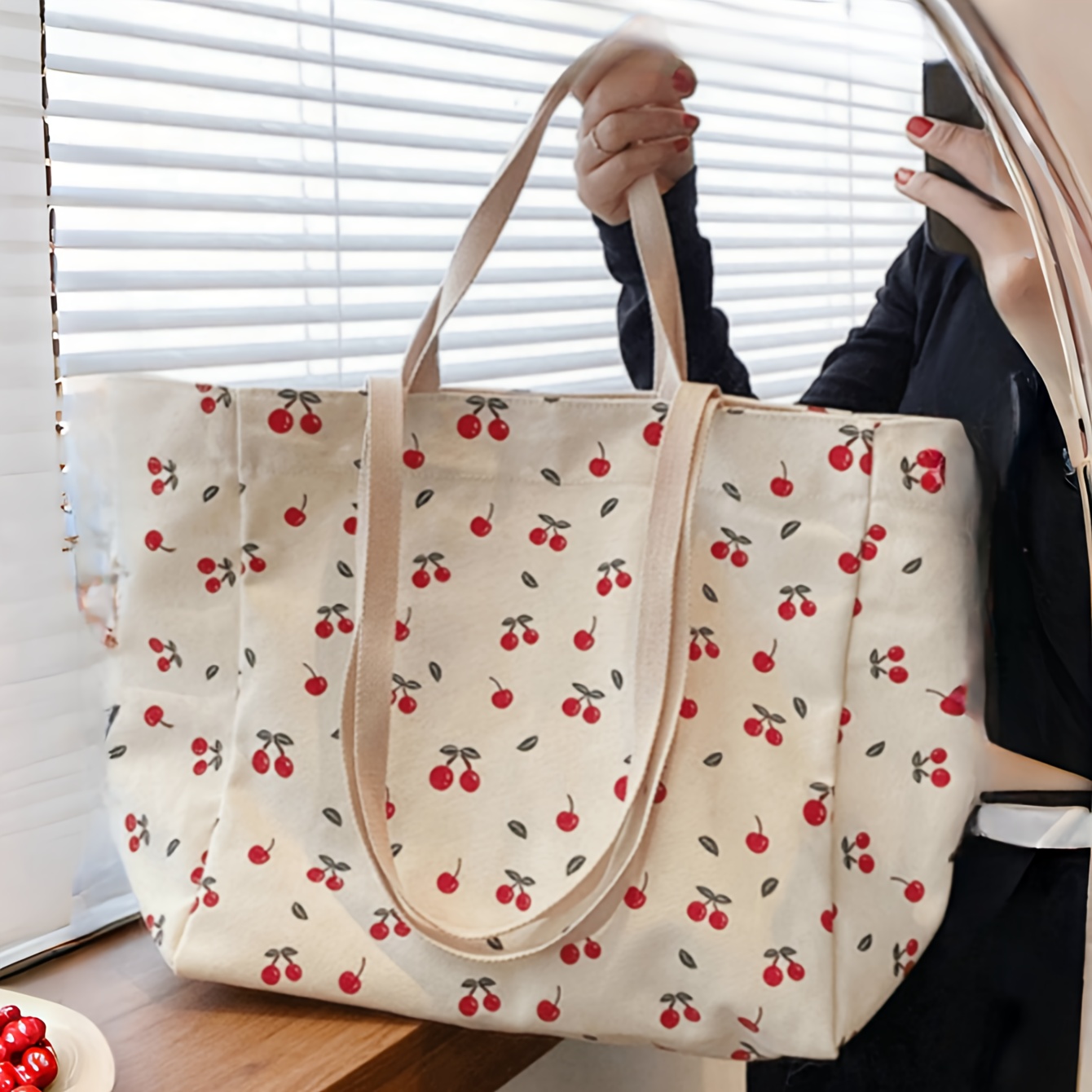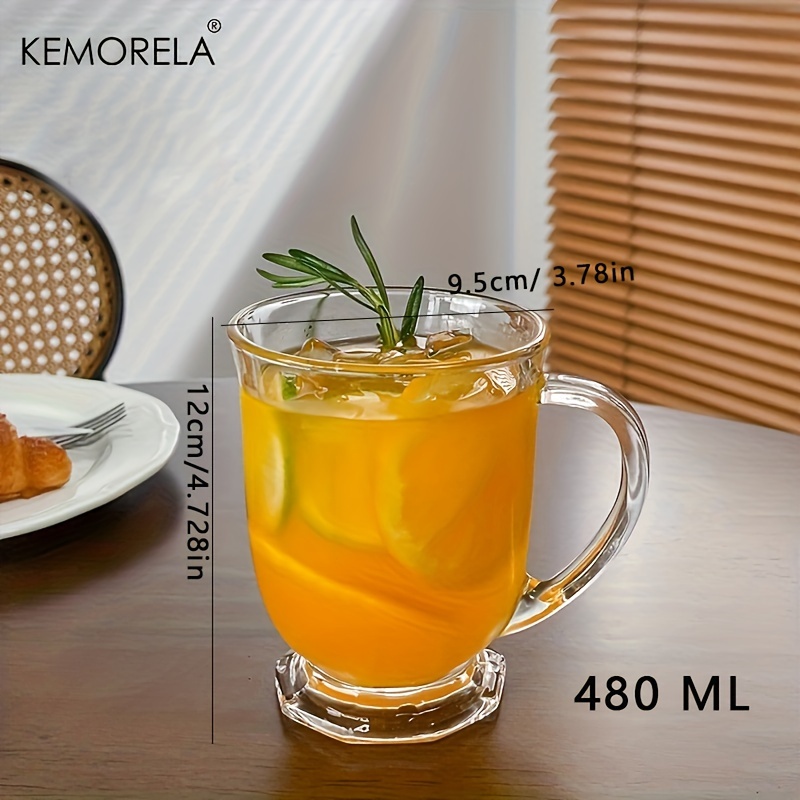Hyaluronic acid is a great hit in the field of skincare and cosmetics, and it has a lot of fans because it works for practically every skin type. Even though hyaluronic acid is naturally found in the skin, joints, and connective tissue, its amount in the body decreases with age. To maintain appropriate hydration in the skin and thus avoid premature aging caused by natural drying of the skin, it is necessary to begin utilizing hyaluronic acid products in the mid-20s.
It is one of the best elements in moisturizing care products. It is noted for its ability to retain 1000 times its weight in water for fullness, making the skin appear moisturized as well as youthful. Great breakthroughs in the composition of the basic moisturizing ingredient have given anti-aging care a new lease on life.
*This post contains affiliate links.
What is hyaluronic acid and how does it work?
Hyaluronic acid is a gelatinous substance found in almost all of our body's organs. The skin, connective tissue, eye, and joints have the highest concentrations of hyaluronic acid.
Hyaluronic acid belongs to the group of glycosaminoglycans, a polymeric substance made up of a large number of disaccharide units, based on its chemical composition (sugars). It's a high-molecular-weight chemical. The human body stores 15 grams of hyaluronic acid on average, with a third of that being broken down and re-synthesized each day. The ability to replenish hyaluronic acid declines as people get older.
What is the function of hyaluronic acid?
It's known as the "skin sponge," and its primary function is to collect and hold water - a trait known as hygroscopic, or the ability to retain water. Similar to how a sponge absorbs water, hyaluronic acid maintains moisture and gives the skin volume due to its unique structure. Since this sugar-acid can absorb 1000 times its weight in water, it gives you a lot of fullness. 15 g of hyaluronic acid keeps 15 kg of fluid in the body of the normal individual. It is efficient until it stops working because, like all-natural skin secretions (collagen and elastin), hyaluronic acid production declines with age.
Chemical peels, like AHA and BHA acids, are most usually connected with the word acid in the cosmetic field. Hyaluronic acid is a type of active chemical known as a moisturizer, and its major function is to keep the skin moisturized. One of the most popular active substances in the battle against skin aging is hyaluronic acid. Its ability to bind water nourishes skin cells while also reducing the appearance of fine lines and wrinkles.
What is the best way to use hyaluronic acid?
Hyaluronic acid can be found in a variety of cosmetics. It is most commonly found in products that do not need to be rinsed off, such as face creams, serums, and lotions, because it keeps moisture in the skin. Using a hyaluronic acid serum in the morning or evening routine will provide the most advantages to the skin. After applying moisturizer, massage a few drops of serum onto damp skin. On top of hyaluronic acid, it is the moisturizer that will "seal" moisture into the skin.
Dermatologists recommend skincare products containing natural hyaluronic acid for this reason. This substance actively heals, has an anti-inflammatory effect, and promotes cell renewal in addition to hydration. Hyaluronic acid hydrates and nourishes skin cells while also promoting cell renewal. Hyaluronic acid increases the barrier's weak function on the skin's surface by essentially covering the receptors of skin cells participating in the inflammatory process.
Hyaluronic acid skincare products
Its ability to calm the skin makes it useful in dermatology for post-cosmetic procedure skin recovery. In addition to its cosmetic benefits, hyaluronic acid can be utilized as a filler that is injected into the skin to improve deep hydration and restore the skin's natural fullness.
Hyaluronic acid has found use in medicine, particularly in dermatology, ophthalmology, and rheumatology, due to its propensity to bind water. However, hyaluronic acid treatments used in cosmetics are receiving the most attention these days, particularly in the prevention of skin aging.
Do you use Hyaluronic acid?














Post a Comment